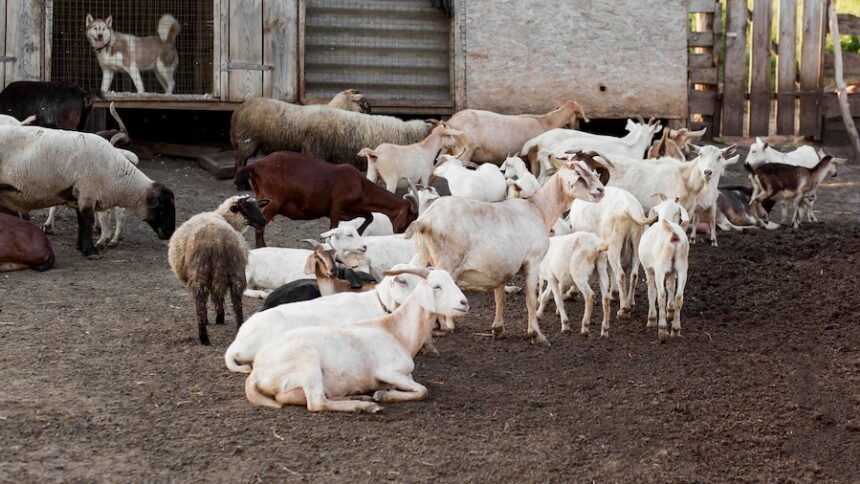Title: Goat Farming: Unlocking the Potential of Goat Meat and Milk Production in South Africa
Goat farming has immense potential in South Africa for both meat and milk production. Goats are known for their adaptability, low maintenance requirements, and ability to thrive in various climatic conditions. With the rising demand for quality meat and dairy products, goat farming offers lucrative opportunities for farmers and entrepreneurs. This article explores the benefits of goat farming, the market potential, and essential considerations for establishing a successful goat farming venture in South Africa.
Benefits of Goat Farming:
- Adaptability and Low Maintenance: Goats are hardy animals that can withstand harsh environmental conditions and are resistant to diseases. They have the ability to graze on diverse vegetation, making them suitable for various regions in South Africa.
- High Reproductive Efficiency: Goats have a high reproductive rate, with the capability to breed throughout the year. This allows for faster herd expansion and increased production.
- Efficient Land Utilization: Goats can utilize marginal lands that are unsuitable for other livestock, such as cattle. By utilizing such lands, farmers can make productive use of resources that would otherwise be wasted.
- Multiple Revenue Streams: Goat farming provides the opportunity for diversifying income streams through the sale of meat, milk, skins, and other by-products. This versatility allows farmers to maximize their profits and minimize risks associated with market fluctuations.
Market Potential:
- Goat Meat: There is a growing demand for goat meat in South Africa, driven by cultural preferences, health-conscious consumers, and the increasing popularity of ethnic cuisines. Goat meat is lean, flavorful, and considered healthier than other red meats. This demand presents a significant opportunity for goat farmers to tap into local and international markets.
- Goat Milk and Dairy Products: Goat milk is rich in nutrients and is easier to digest compared to cow’s milk. It is sought after by individuals with lactose intolerance and is used for producing various dairy products such as cheese, yogurt, and butter. The niche market for goat milk and dairy products is expanding, offering potential for value-added products and premium pricing.
Considerations for Successful Goat Farming:
- Breeds Selection: Choose suitable goat breeds based on market demand, adaptability to local conditions, and desired production goals. Popular meat breeds in South Africa include Boer, Savanna, and Kalahari Red, while Saanen and Toggenburg are common dairy breeds.
- Farm Infrastructure and Management: Ensure adequate housing, fencing, and grazing land for the goats. Implement proper hygiene practices, vaccination schedules, and regular veterinary care to maintain a healthy herd.
- Feeding and Nutrition: Provide a balanced diet consisting of good quality pasture, forage, and supplementary feed. Consult with animal nutrition experts to ensure optimal nutrition for growth, milk production, or meat quality.
- Marketing and Value-Added Products: Develop a marketing strategy to target local markets, restaurants, supermarkets, and potentially export markets. Consider adding value to products through processing, packaging, and branding to differentiate from competitors.
- Knowledge and Skills: Continuously update knowledge through workshops, training programs, and networking with experienced goat farmers. Understanding goat behavior, breeding techniques, and management practices is crucial for long-term success.
Goat farming in South Africa holds significant untapped potential for meat and milk production. With the increasing demand for quality goat products, entrepreneurs and farmers have an opportunity to capitalize on this growing market. By considering the benefits of goat farming, understanding the market potential, and implementing effective management practices, individuals can unlock the potential of goat farming and establish a successful and profitable venture in South Africa.
Join 'Farmers Mag' WhatsApp Channel
Get the latest Farming news and tips delivered straight to your WhatsApp
CLICK HERE TO JOIN






